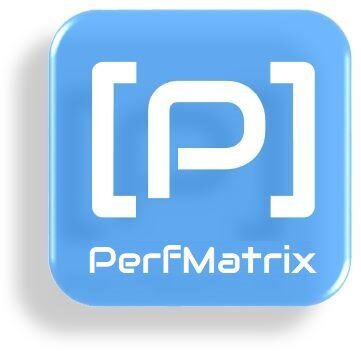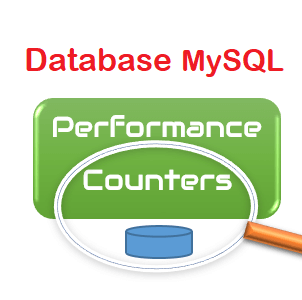AWR Report Analysis Guide
AWR or Automated Workload Repository report provides detailed information about the database to conduct the analysis of the performance of Oracle Database. This article will help you to get knowledge on important AWR report sections and how to read and conclude the DB performance. Once you generate the report by following the steps provided in … Read more



